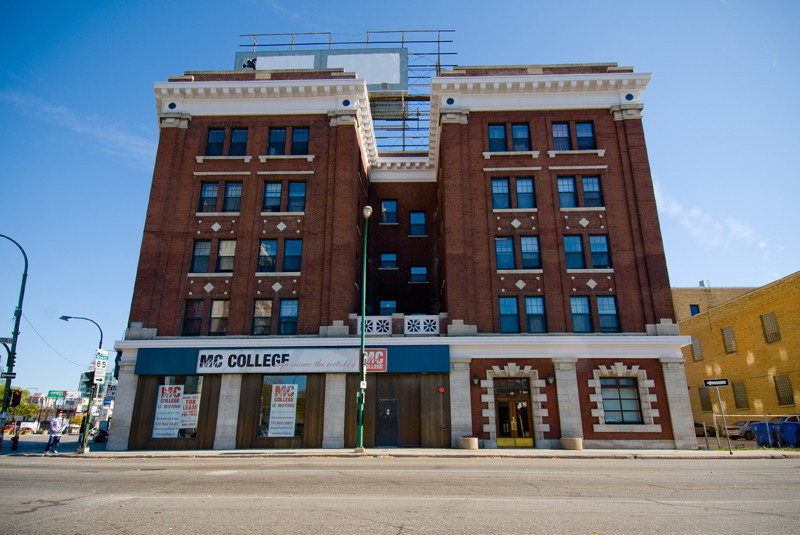Smoke and mirrors, or tangible targets?
The province’s new housing strategy sounds great, but some still worry it’s just good PR
The provincial government’s recently unveiled poverty reduction strategy focuses on providing housing rather than shelter, but some are wondering if drafting press releases is all the action we’re going to see.
“All Aboard” encompasses $212 million designated for the broadly defined purpose of poverty reduction and increased social inclusion in Manitoba. The announcement comes following a longstanding push from a coalition of various organizations striving for a more comprehensive strategy to address poverty. It appears as though for the first time, the government has a plan to address the issue of homelessness within Manitoba.
“I think it [constitutes a shift] in the government’s thinking,” said Manitoba Family Services and Housing’s executive director of policy and planning Jan Forster. “We haven’t had a formal homeless strategy before. We’ve had pockets of the province working on it but having a formal strategy is new. Focusing on mental health and housing is also new.”
The new approach to homelessness has been termed “Housing First,” and it abides by the philosophical premise that housing is a basic right. Developed in New York in the early 1990s, the model has already been adopted in Canada by Toronto and Calgary. What Housing First attempts to do is provide housing as quickly as possible, and then offer support depending on the needs of the individual.
“The Housing First approach is newer in terms of philosophy. [An individual] doesn’t need to have done or be going into treatment. Housing is a basic right, and a point of stability from which to deal with other issues,” said Marcia Thomson, assistant deputy minister of Family Services and Housing. “It’s a shift in the way health and social services have thought about these issues.”
For those who are homeless and also suffering from mental illness, this difference may be crucial, especially when it comes to the ideal of inclusion.
“With housing being seen as a basic right for everybody, the home acts as a rock from which you can participate in the rest of society. In the past, the approach was geared towards shelter. Now we are focused on permanent housing. Interim housing is still sometimes needed, but the goal should be to look at permanence,” Thomson said.
Adulations aside, the press releases and PR blitzes in recent weeks seem to have allowed the province to play politics and manifest the appearance of action, while tangible targets and goals have not been forthcoming.
“These announcements allow them to [refrain from] coming out with a clear plan, which they seem to be avoiding. It tends to be a bit of a PR thing,” said Shauna MacKinnon of the Canadian Centre for Policy Alternatives (CCPA).
“They need to set some benchmarks…look at things like current wait lists for housing, the number of people living below the poverty line [to determine whether the implemented strategies are effective].”
The CCPA is a member of Make Poverty History, which is a group of organizations that has been lobbying the province to take greater action against poverty. While MacKinnon acknowledges that the province is doing some “really great things,” the lack of specificity is still troubling.
“The problem has been that [in the past] not much of anything has been done – housing has been an afterthought,” said Nicole Chammartin, executive director of the Canadian Mental Health Association in Winnipeg. “If you look at it on a personal level, a person’s basic needs have to be met first, before they can deal with their mental health issues or addictions. How can you focus on getting well if all you can think about is finding your next meal?”
While she is hopeful following the province’s announcements, she too joins the chorus of calls for more perspicuous objectives.
“I haven’t seen a lot of signs of new housing construction.”
According to a press release, the province claims it will be consulting on the strategy to “measure the progress of poverty reduction,” and that it will report these measures in 2010/11.
Published in Volume 63, Number 28 of The Uniter (June 18, 2009)







